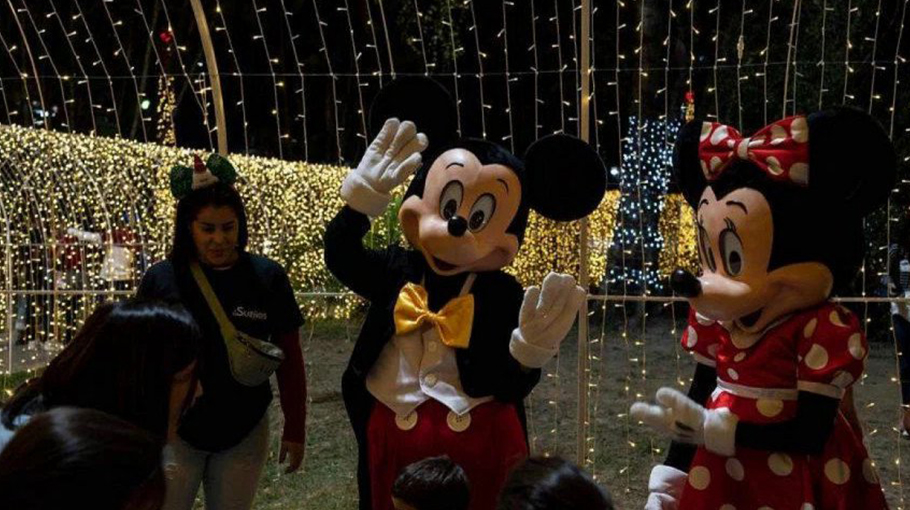Disney's Mickey Mouse soon to be public property

There is nothing soft and cuddly about the way The Walt Disney Company protects the characters it brings to life.
This is a company that once forced a Florida daycare centre to remove an unauthorised Minnie Mouse mural. In 2006, Disney told a stonemason that carving Winnie the Pooh into a child's gravestone would violate its copyright, according to a Straits Times report.
The company pushed so hard for an extension of copyright protections in 1998 that the result was derisively nicknamed the Mickey Mouse Protection Act.
For the first time, however, one of Disney's marquee characters – Mickey himself – is set to enter the public domain.
Steamboat Willie, the 1928 short film that introduced Mickey to the world, will lose copyright protection in the United States and a few other countries at the end of 2023, prompting fans, copyright experts and potential Mickey grabbers to wonder: How is the notoriously litigious Disney going to respond?
"I'm seeing in Reddit forums and on Twitter where people – creative types – are getting excited about the possibilities, that somehow it's going to be open season on Mickey," said Mr Aaron Moss, a partner at Greenberg Glusker in Los Angeles who specialises in copyright and trademark law. "But that is a misunderstanding of what is happening with the copyright."
The matter is more complicated than it appears, and those who try to capitalise on the expiring Steamboat Willie copyright could easily end up in a legal mousetrap.
"The question is where Disney tries to draw the line on enforcement," Mr Moss said, "and if courts get involved to draw that line judicially."
Only one copyright is expiring. It covers the original version of Mickey Mouse as seen in Steamboat Willie, an eight-minute short with little plot.
This non-speaking Mickey has a rat-like nose, rudimentary eyes (no pupils) and a long tail. He can be naughty. In one Steamboat Willie scene, he torments a cat. In another, he uses a terrified goose as a trombone.
Later versions of the character remain protected by copyrights, including the sweeter, rounder Mickey with red shorts and white gloves most familiar to audiences today. They will enter the public domain at different points over the coming decades.
"Disney has regularly modernised the character, not necessarily as a programme of copyright management, at least initially, but to keep up with the times," said Professor Jane Ginsburg, an authority on intellectual property law who teaches at Columbia University.
The expiration of the Steamboat Willie copyright means that the black-and-white short can be shown without Disney's permission and even resold by third parties. There may not be much sales value left, however. Disney posted it for free on YouTube years ago.
It also means that anyone can make use of the film and the original Mickey to further expression – to create new stories and artwork.
Winnie the Pooh, another Disney property, offers a window into what could happen. This year, the 1926 children's book Winnie-The-Pooh, by A.A. Milne, came into the public domain.
An upstart film-maker has since made a low-budget, live-action slasher film called Winnie-The-Pooh: Blood And Honey, in which the pudgy yellow bear turns feral. In one scene, Pooh and his friend Piglet use chloroform to incapacitate a bikini-clad woman in a hot tub and then drive a car over her head.
Disney has no copyright recourse, as long as the film-maker adheres to the 1926 material and does not use any elements that came later. Pooh's recognisable red shirt, for instance, was added in 1930.
Fathom Events will give Winnie-The-Pooh: Blood And Honey, directed by Rhys Waterfield, a one-day theatrical release in the US on Feb 15.
Here is where it gets tricky: Disney also holds trademarks on its characters, including the Steamboat Willie version of Mickey Mouse, and trademarks never expire as long as companies keep submitting the proper paperwork.




